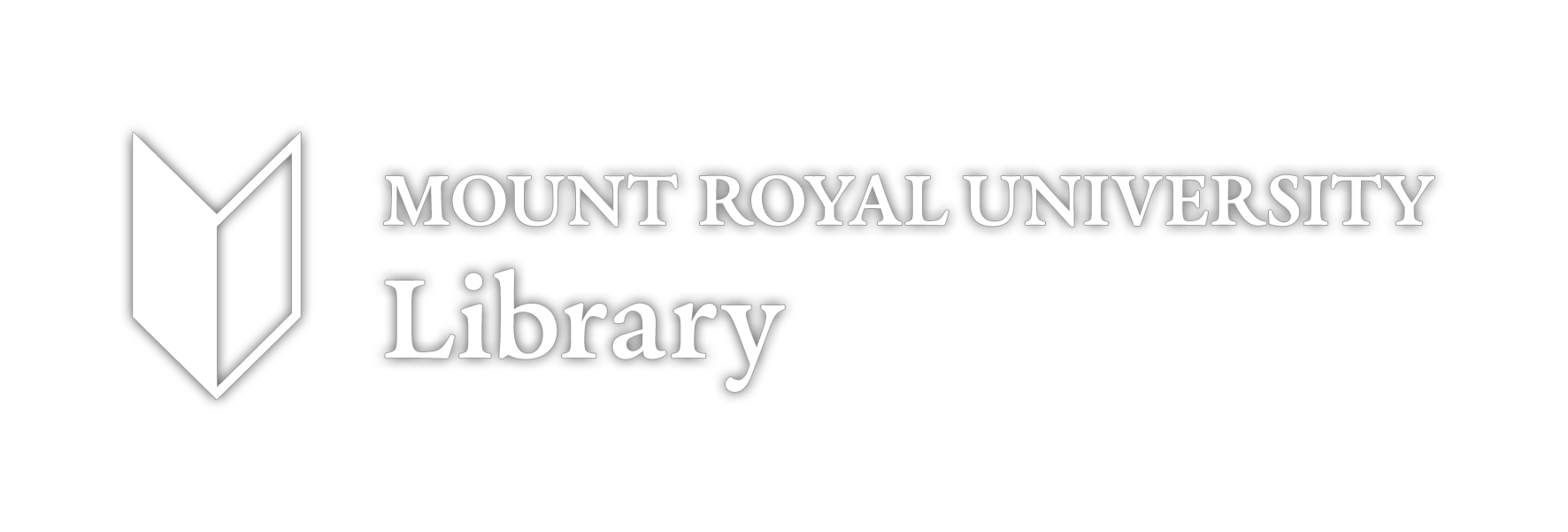File
Hollow Water, Manitoba: an explanatory case study of the area, its community, and the holistic Circle Healing Program
Digital Document
| Content type |
Content type
|
|---|---|
| Collection(s) |
Collection(s)
|
| Resource Type |
Resource Type
|
| Genre |
Genre
|
| Origin Information |
|
|---|
| Persons |
Author (aut): Huber, Morgan
Thesis advisor (ths): Tavcer, D. Scharie
|
|---|
| Abstract |
Abstract
The focus of this Honours thesis revolves around the over-representation of Canada’s Aboriginal population in the criminal justice system compared with the rest of the population. This Honours thesis will examine some attempts to deal with this over-representation undertaken by Corrections Services Canada, in particular, the Community Holistic Circle Healing (CHCH) program at Hollow Water, Manitoba. In addition to addressing some of the causes of violent and non-violent criminal behaviour among the population of Hollow Water, this Honours thesis will include an explanatory case study of the program implemented at Hollow Water from 1984 to the present in an effort to address crime. The case study will attempt to arrive at some conclusions that can be used in the future to address crime, its causes, and the many consequences of Aboriginal over-representation within the Canadian criminal justice system. Furthermore, this Honours thesis will reflect on the successful approach undertaken at Hollow Water and make recommendations for future correctional practices.
Exploring this community and program is important in order to address issues of equality and social justice, namely over-representation, among those in contact with Canada’s criminal justice system. It provides us with insight into the restorative justice approach used to holistically address the various crimes and corresponding causes and consequences that affected every person in this community. This Honours thesis also addresses the importance of incorporating multi-cultural views on justice and healing into the existing and adversarial criminal justice system in an effort to reduce over-representation and improve equality with regard to Canada’s Aboriginal population.
There is not an abundance of research and review of the CHCH program or similar programs and their impact on the over-representation of Aboriginals within the Canadian justice system, nor is there much written about the effects of such programs on recidivism rates of offenders who have participated in them. This thesis is significant as it contributes to the existing literature of Aboriginal justice and healing initiatives. The CHCH program at Hollow Water also represents a successful co-operation between the court system, Correctional Services Canada and the members of the Aboriginal healing community. It also represents a correctional approach whereby a reduction in the rates of incarcerated Aboriginals is possible. Recidivism rates of the offenders involved in the CHCH program are also offered in order to illustrate the success of the program. |
|---|---|
| Language |
Language
|
| Degree Name |
Degree Name
|
|---|---|
| Degree Level |
Degree Level
|
| Department |
Department
|
| Institution |
Institution
|
| Physical Form |
Physical Form
|
|---|
| DOI |
DOI
https://doi.org/10.60770/d5r9-je94
|
|---|
| Use and Reproduction |
Use and Reproduction
Attribution-NonCommercial-NoDerivatives 4.0 International
|
|---|---|
| Use License |
| Keywords |
Keywords
Criminal justice
Community holistic circle healing
Restorative justice
|
|---|---|
| Subject Topic |
mru_379.pdf678.38 KB
315-Extracted Text.txt91.79 KB
